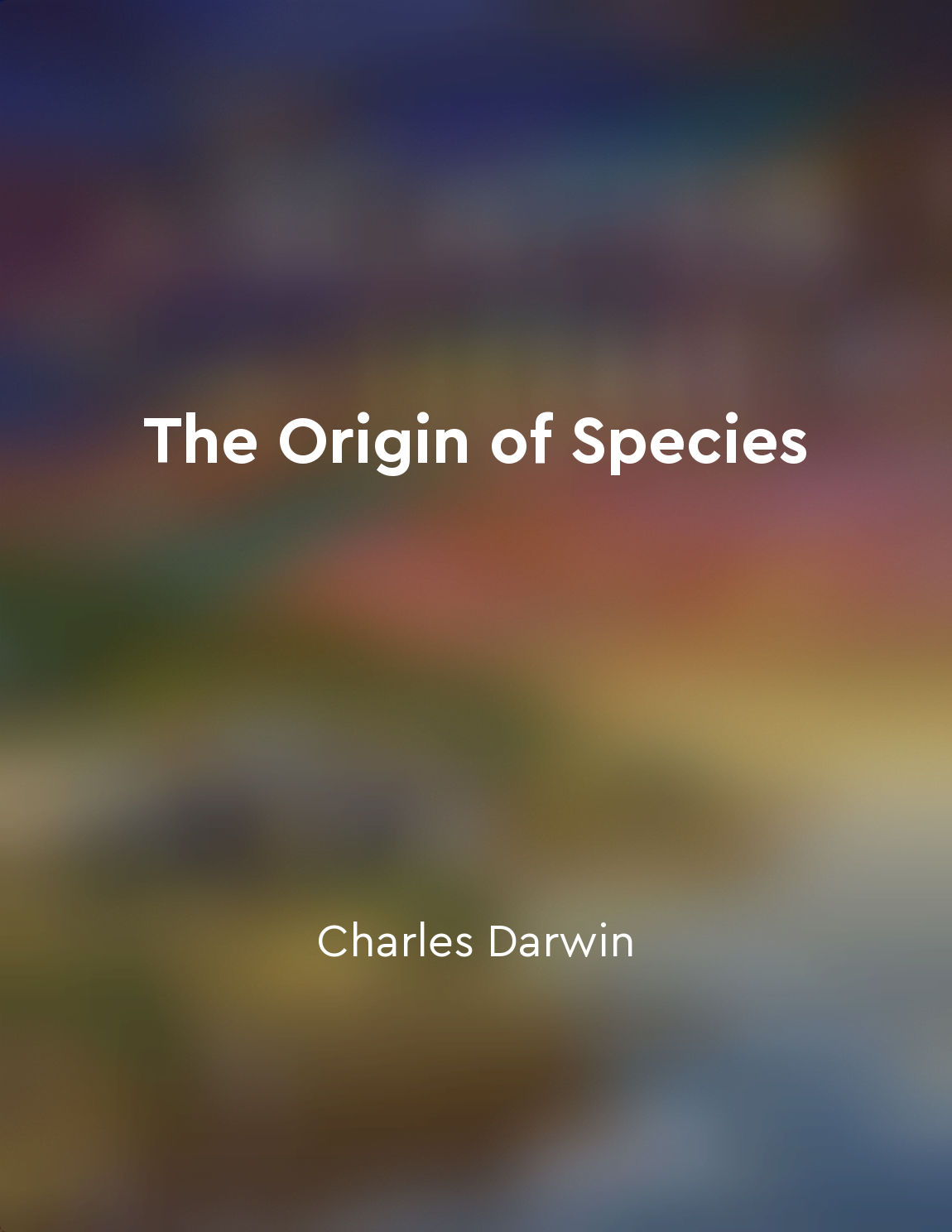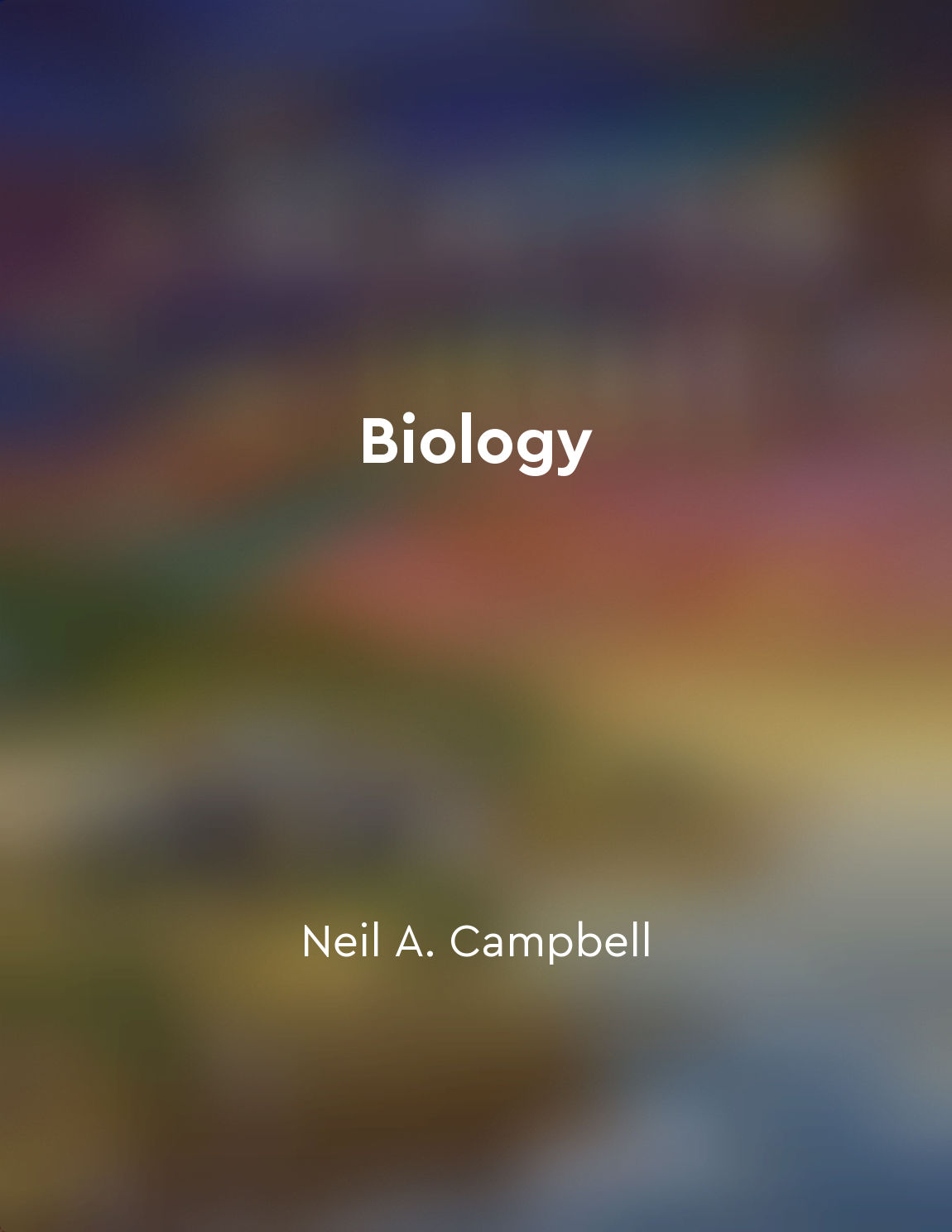Evolutionary theory has implications for medicine and public health from "summary" of The Structure of Evolutionary Theory by Stephen Jay Gould
Evolutionary theory offers profound insights into the structure and function of organisms, shedding light on the intricate processes that have shaped life on Earth over millions of years. By understanding the principles of evolution, we can unravel the complexities of human biology and health, paving the way for innovative approaches to medicine and public health. One key implication of evolutionary theory for medicine is the concept of adaptation. Organisms evolve in response to their environment, developing traits that enhance their survival and reproductive success. In the realm of healthcare, this idea is crucial for understanding how pathogens evolve resistance to drugs and how our own bodies respond to treatments. By recognizing that diseases can adapt and evolve, we can devise more effective strategies for combating them. Moreover, evolutionary theory provides a framework for understanding the origins of disease. Many health conditions have roots in our evolutionary past, such as genetic predispositions to certain illnesses or vulnerabilities to environmental factors. By tracing the evolutionary history of diseases, we can pinpoint their underlying causes and develop targeted interventions that address their evolutionary origins. In the realm of public health, evolutionary theory offers insights into population dynamics and disease spread. By studying how pathogens evolve and spread through populations, we can design more effective public health interventions that account for the complex interplay between infectious agents and human populations. This knowledge is crucial for preventing outbreaks and controlling the spread of infectious diseases. Furthermore, evolutionary theory underscores the importance of considering the long-term consequences of medical interventions. By recognizing that organisms can evolve in response to selective pressures, we can anticipate potential consequences of treatments, such as the development of drug resistance. This awareness is essential for designing strategies that minimize the risk of unintended consequences and promote the long-term efficacy of medical interventions.- Evolutionary theory revolutionizes our understanding of human biology and health, offering a wealth of insights that can inform medical practice and public health policy. By embracing the principles of evolution, we can unlock new possibilities for improving healthcare outcomes and addressing the challenges of disease prevention and control.
Similar Posts
Specialized Knowledge
Specialized knowledge, personal experiences, and observations are the three factors which enable one to think and grow rich.
S...

Natural selection acts on existing variations
Natural selection, as I have explained earlier, is the process by which certain traits become more common in a population over ...

Progress is not predestined
Progress is not predestined. It does not follow a predetermined path laid out for it by some higher power or invisible hand. Th...
Cell division is essential for growth and repair
Cell division plays a crucial role in the growth and repair of living organisms. It is a fundamental process that allows organi...
Telemedicine offers new avenues for patient care
Telemedicine has opened up new possibilities for delivering healthcare to patients, offering innovative avenues for patient car...

Behavior and communication in animals
Behavior and communication in animals refer to the ways in which organisms interact with each other and their environment. Anim...
The moral sense is evidence of a godly nature
The moral sense, that inner compass guiding our decisions of right and wrong, is a powerful indicator of a godly nature within ...
Virtual reality will alter our perceptions
Imagine stepping into a world where reality and illusion blend seamlessly, where your senses are hijacked, and your perceptions...

